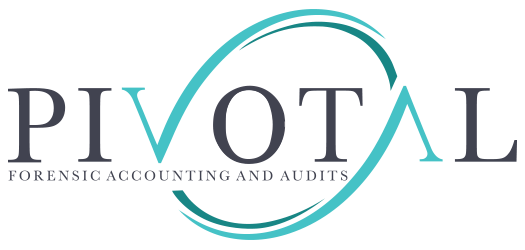Accounting,Bookkeeping,Business,In the news,Local Sales Tax,Management Accounting,Sales Tax Updates,Small Business,Washington State
Now You Have to Collect Sales Tax, Now What?: Be Prepare, to Collect, and Report
For many business owners, the announcement that they now must collect sales tax can feel overwhelming. The rules may have changed because of new legislation, your business crossed a revenue threshold, or you expanded into products and services subject to sales tax in Washington State. Regardless of the reason, compliance is not optional — and being unprepared can be costly.
At Pivotal Forensic Accounting & Audits, we work with small businesses, consultants, and service providers throughout the Pacific Northwest who face these very challenges. Here’s what you need to know about preparing, collecting, and reporting sales tax.
Preparing for Sales Tax Compliance
The first step is understanding whether your products or services are taxable. Washington State imposes sales tax on a wide range of items, including digital goods, custom services such as web design and coding, and even certain live presentations. You will need to:
-
Confirm your business registration is up to date with the Department of Revenue.
-
Identify which of your offerings fall under taxable categories.
-
Update your pricing and invoices so that sales tax is calculated correctly.
Preparation also includes training your staff and ensuring that your point-of-sale systems or online platforms are configured to collect the right rate based on location.
Collecting Sales Tax from Customers
Once you’ve determined what is taxable, the next step is collection. Transparency with your customers is essential. They should see the tax clearly displayed on invoices, receipts, or checkout screens. Businesses should:
-
Apply the correct local rate — Washington’s sales tax varies by city and county.
-
Understand that Washington is a destination sales tax state.
-
Make sure all systems are consistent, whether sales happen online, in-store, or through contracts.
-
Keep accurate, real-time records of all sales and tax collected.
Reporting and Remitting Sales Tax
Collecting the tax is only half the job — reporting and remitting it on time is just as important. In Washington, most businesses file monthly or quarterly, depending on their size and revenue. Key steps include:
-
Filing sales tax returns with the Department of Revenue by the due date.
-
Reconciling your sales reports with the amounts collected.
-
Keeping detailed records in case of audit or inquiry.
Late payments or inaccurate filings can result in penalties, which is why accuracy and consistency matter.
How Pivotal Can Help
Navigating sales tax compliance is often confusing, especially when your focus should be on running your business. Pivotal Forensic Accounting & Audits provides guidance on sales tax rules, sets up systems to streamline compliance, and reviews your reporting to ensure accuracy. We can help you stay compliant and confident.


